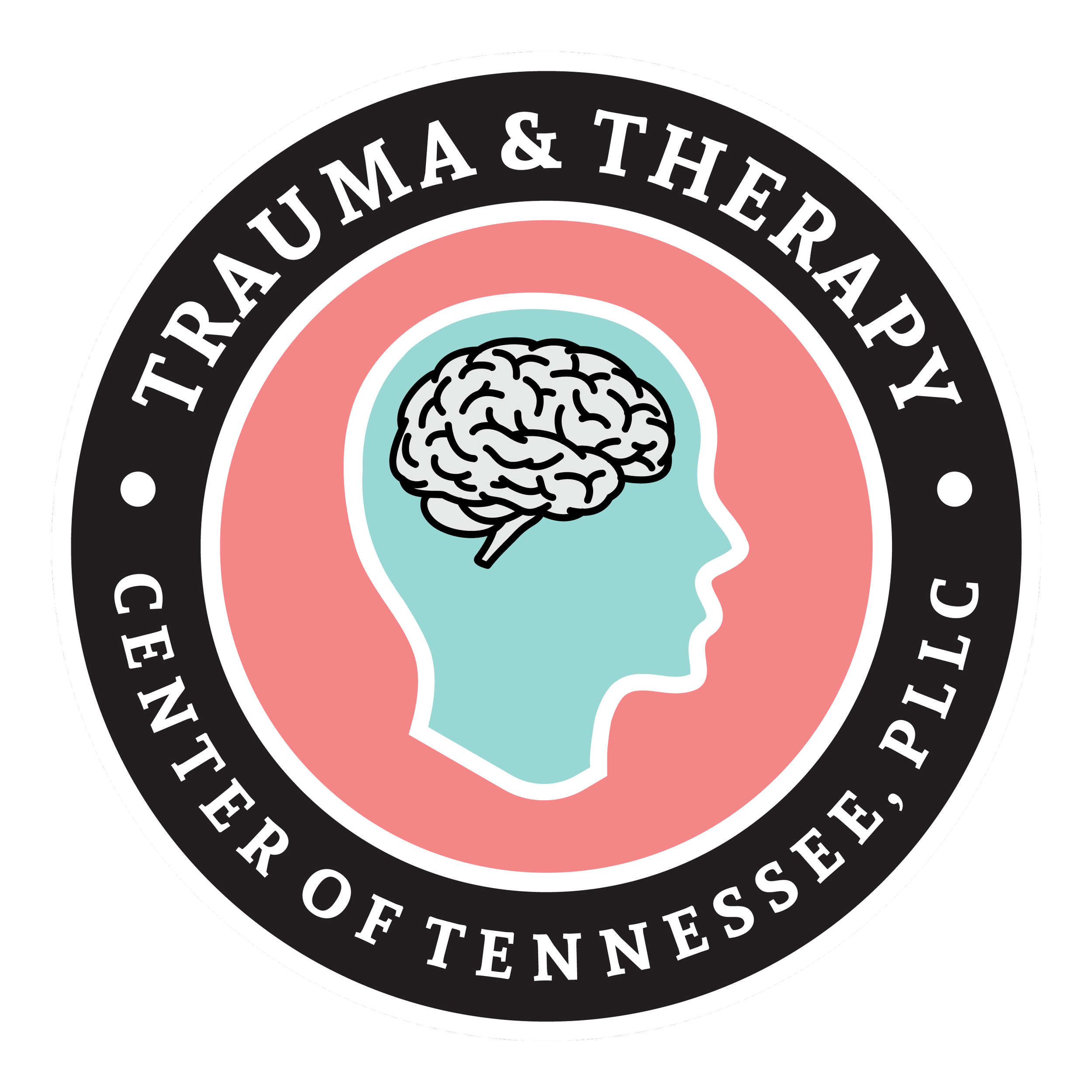What to Expect from Your First Online Therapy Session with a Trauma Specialist
Starting Therapy Is Hard Enough — Not Knowing What to Expect Makes It Harder
If you're already feeling nervous about starting therapy, the last thing you need is more uncertainty.
You’re not alone if you’ve Googled phrases like “first therapy session telehealth,” or “what do I say in online therapy?” Many of our clients tell us the anxiety they felt before their first session was almost enough to cancel. That’s why we wrote this. To give you something therapy rarely does before you even begin: emotional safety and clarity.
Why Starting Trauma Therapy Can Feel Overwhelming
Many of our clients come to us after years of trying everything else. Talk therapy that didn’t go deep enough, tools that didn’t seem to work, or therapists who didn’t fully understand the impact of trauma. It’s not uncommon to feel:
Nervous about opening up to someone new
Afraid of being judged or misunderstood
Unsure what to say or how it “should” go
Starting trauma therapy is a big step. But it doesn’t have to feel like a leap off a cliff.
What Is Online Trauma Therapy?
Telehealth is simply therapy conducted via a secure video platform (or by phone, if preferred). It allows you to receive high-touch, trauma-informed care from the comfort of your home or office, especially helpful for those in more remote parts of Middle Tennessee, Kentucky, or Georgia, who feel safest in their own space.
At Trauma and Therapy Center of TN, our telehealth services are completely confidential, HIPAA-compliant, and tailored to provide a boutique experience. That means you won’t feel like just another appointment on a schedule. You’ll feel seen, safe, and supported.
We serve clients across Clarksville, Nashville, and throughout Tennessee, Kentucky, and Georgia.
What Happens in the First Telehealth Session?
Your first session is all about connection, clarity, and co-creation. Here’s what to expect:
Welcome + Orientation: Your therapist will walk you through how the session works and confirm privacy, comfort, and emotional readiness.
Story + Safety: You’ll have space to share whatever you feel ready to — no pressure, no rush.
Goals + Guidance: Together, you’ll begin identifying your goals and what healing could look like for you.
Next Steps: You’ll walk away with clear direction, whether that’s continuing therapy, getting referrals, or trying a modality like Brainspotting, Trauma-Informed Hypnosis, or ART.
We’ll always move at your pace. There’s no expectation to “dive into trauma” immediately. Safety comes first.
How Is Trauma Therapy at TTCT Different?
Most therapy talks about change. We focus on transformation — by getting to the root of the pain.
Our clinicians are trauma specialists, not generalists. We work from a collaborative model and tailor treatment using the most effective trauma-specific modalities, including:
LENS Neurofeedback: gently rewires the brain and reduces trauma symptoms at the neurological level
Brainspotting: accesses deep emotional pain through visual + somatic techniques
Trauma-Informed Hypnosis: helps shift unconscious beliefs and patterns
ART (Accelerated Resolution Therapy): helps resolve stuck trauma memories quickly and safely
You won’t find checkbox therapy here. Everything we do is designed around you — your nervous system, your history, and your healing timeline.
“Most people assume the first session will be hard. But more often than not, the relief of being heard in a way they’ve never been heard before changes everything. That’s what quality trauma care is about: less overwhelm, more clarity.”
How to Prepare for Your First Online Session
Find a Quiet, Private Space: Whether it’s your parked car, bedroom, or even a walk-in closet — choose a space where you feel safe and uninterrupted.
Bring Something Grounding: This could be a blanket, warm drink, weighted item, or even a calming scent.
Test Your Tech Early: Make sure your camera, mic, and internet are working. We’ll help you troubleshoot if needed.
Journal or Voice Note Your Thoughts: If you’re anxious, jot down what you’re hoping for or what’s been heavy.
Give Yourself Grace: You don’t need to be perfect, polished, or even put together. Just be present.
Who Telehealth Trauma Therapy Is Right For:
Professionals and high-functioning individuals who feel stuck or overwhelmed
Parents, caregivers, and spouses in caregiving roles
Teens or college students struggling with identity, grief, or trauma
Couples in need of convenient, consistent care
Those living in rural or under-resourced areas of Tennessee, Kentucky, or Georgia
Anyone who wants trauma-informed therapy that actually works
Whether you're navigating grief, childhood trauma, relationship wounds, or just feeling emotionally exhausted, we’re here for it all.
Your First Step Isn’t a Commitment — It’s a Conversation
No pressure. Just a calm, clear space to ask questions, explore next steps, and feel into whether this is right for you. You don’t have to start perfectly. You just have to start safely.
